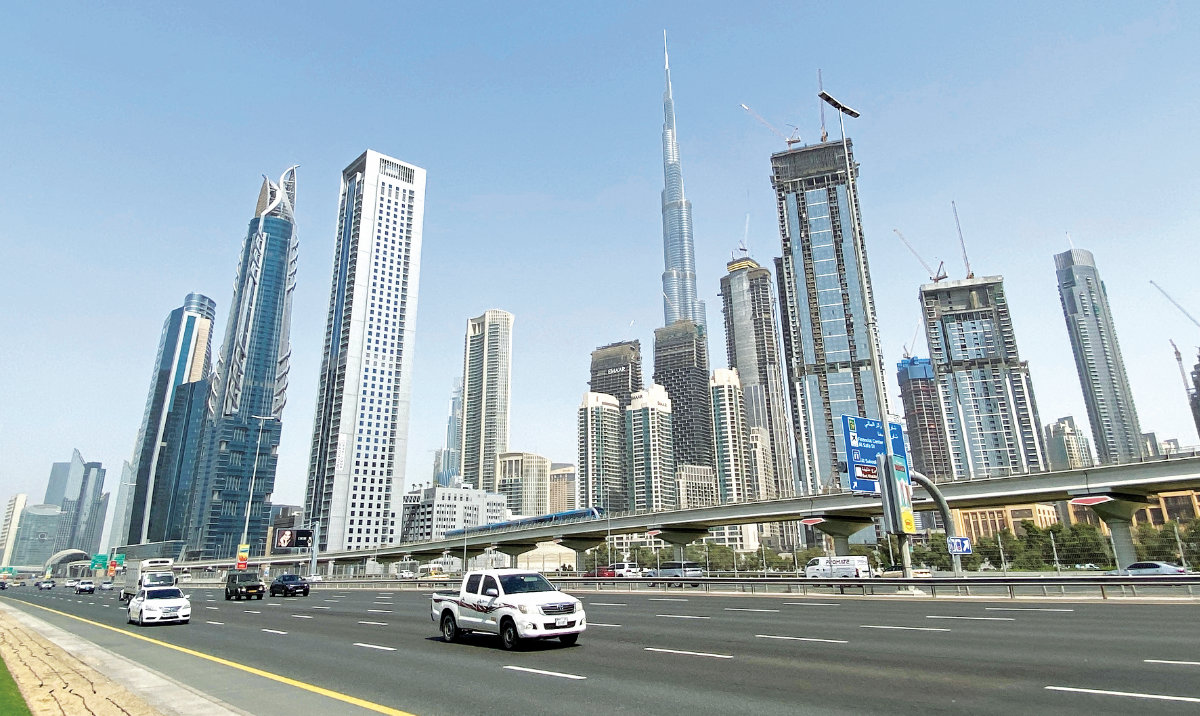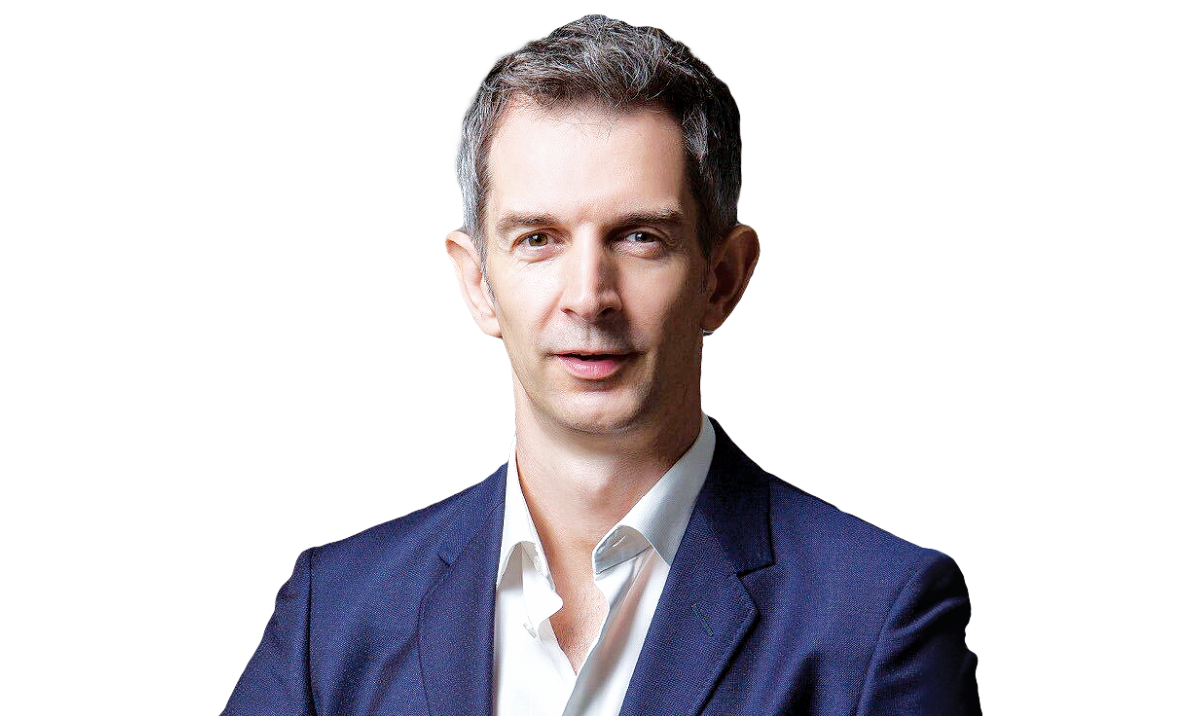RIYADH: Of late, businesses in the Gulf Cooperation Council region have become more inclined toward pooling their resources to achieve operational efficiency and maximize profits.
The trend of mergers and acquisitions in the GCC is expected to rise, said Moody’s in March 2023. Nearly one year on, the global rating agency’s prediction seems to be spot-on.
M&As are business transactions in which the ownership of firms, business organizations, or their operating units are transferred to or consolidated with another firm or business organization.
Several factors can make such transactions successful in today’s world such as synergies, trust, and integration, according to Andrew Nichol, partner at Lumina Capital Advisers.
“Synergies are unlikely to deliver the desired outcomes of selling and buying shareholders without a clear plan on how a merged entity creates more significant value than their individual parts,” Nichol told Arab News.
He added: “Trust because ultimately, deals are done between people. Be they the shareholders, management teams, or employees, it is critical that communication throughout the process remains open, transparent, and oriented toward achieving the objectives set out in the original deal thesis.”
Finally, about the integration aspect, Nichol noted: “Integration, because M&A does not stop once the legal agreements are signed.”
Additionally, setting appropriate key performance indicators to achieve synergies and targets, integrating teams, and developing a clear longer-term plan are all critical in setting up a deal for success, he reiterated.
The year 2023 saw a real shift in terms of “who” has been transacting into and out of the region, Nichol said.

“In H1, we saw larger deals, typically led by SWFs (sovereign wealth funds) — SAVVY Gaming/PIF/Scopely, KSA; Blackstone/ADIA/Cvent Holding, UAE,” Nichol underlined.
“As the year progressed, we also saw an increase in private sector-led deals, as well as a resurgence in private equity activity,” he added.
Nichol continued: “In November, STS, a leading digital transformation solutions provider across Saudi Arabia, the UAE, and the wider GCC announced its acquisition by ZainTECH.”
ZainTECH is a UAE-based top-tier managed security services provider that aims to help enterprises protect against, detect expediently, and respond effectively to cybersecurity threats.
According to Nichol, this specific M&A stood out in 2023 amid all other similar transactions in the region.
“The STS/ZainTECH transaction, which we advised on, stood out due to its highly strategic nature for both companies,” he disclosed.
“A buyer, seeking to extend and amplify its services offering, access top talent, and expand the geographies it serves, with a vendor recognizing the opportunity of partnering with a pioneering regional digital solutions provider,” Nichol explained.
Moving on, he also shed light on projections on the nature of M&As to expect in the region in 2024.
“In 2023, the region cemented its position as a net exporter of innovation due to the regional giga-projects, digital transformation efforts, and the implementation of artificial intelligence. This will continue into 2024,” Nichol said. This comes as the region has shifted from talking about energy transition to becoming a global leader in implementing some of the world’s most comprehensive and diverse renewable energy programs, according to him.
“In 2024, we will see more deals in the region as global firms continue to grow/seek access to regional projects,” Nichol projected.
He added: “We expect growth across energy transition, healthcare, travel and tourism as well as gaming, engineering and project management and digital transformation sectors.”
Highlighting the same subject, Ali Anwar, managing director of Alvarez & Marsal Global Transaction Advisory Group in the Middle East, said in a recent report: “Investors have experienced a challenging year in 2023 when M&A activity was hit by concerns about the macroeconomic environment and the impact of higher interest rates.”
He added: “While those challenges haven’t fully abated, 2024 holds the potential for dealmaking to show some improvement.”

In 2024, we will see more deals in the region as global firms continue to grow/seek access to regional projects.
Andrew Nichol, Partner at Lumina Capital Advisers
One major positive for the M&A market heading into 2024 is receding uncertainty about the trajectory of interest rates, the top executive underlined.
Anwar went on to shed light on the fact that market participants are seen being more confident than they have been in several months and that there seems to be a promising inversion of the curve since the end of summer.
He stated: “We are seeing more sell-side activity and, therefore, expect deal opportunities to launch in early 2024.”
Rise in cross-border activities
In 2023, cross-border deals formed the majority of closed deals, Nichol revealed.
Cross-border activities refer to any transfer of property, goods, or services between individuals or business entities who reside in different jurisdictions.
“In our September 2023 cross-border deals survey, 70 percent of respondents had recently or planned to close a cross-border deal within the next 18 months. This was double the levels of our previous survey,” Nichol highlighted.
He added: “Deals in the region are today driven by the desire to create regional champions through consolidation in key sectors such as construction, health care, and infrastructure services, in conjunction with transactions centered around international interest in joint ventures and partnering to deliver skills and technologies for complex megaprojects in AI, digital transformation and advanced manufacturing.”
Talking about expectations in 2024, Nichol clarified that it is projected to be another bumper year for cross-border Middle East transactions.
This comes as private equity — both direct and secondary — has become the fastest-growing asset class in the region, and this trend will continue into 2024, Nichol said.
“With regional funds being raised from domestic, international, and SWF participants, we predict the volume of PE deals will rise,” he explained.
Likely spike in FDIs
The year 2022 was a record year for foreign direct investments in the GCC region, particularly Saudi Arabia and the UAE, exceeding previous 2012 highs, Nichol said.
“While we are still awaiting full-year 2023 FDI numbers, we predict that Saudi Arabia’s FDI will have exceeded the UAE’s, and both countries will see double-digit year-on-year FDI growth,” Nichol underscored.
FDI is a category of cross-border investment in which an investor resident in one economy establishes a lasting interest in and a significant degree of influence over an enterprise resident in another economy.
As for 2024’s pipeline in terms of FDIs, it is projected to be somewhat robust.
“FDI flow growth rate has been diminishing in 2023; however, long-awaited public-private partnership projects are in the pipeline, especially in healthcare, transportation, logistics, and sports,” Razeen Capital CEO Mohammed Al-Suwayed told Arab News.
Razeen Capital is a financial securities consultancy firm that Al-Suwayed founded in January 2021.
“So we’re most likely to see a spike in the FDI growth rate this year and the years after,” Al-Suwayed projected.
That being said, it is clear that the GCC region is on track to experience a bright future ahead in terms of M&As as well as cross-border activities and FDIs.
Consequently, this will most likely help offset the rising operating expenses and boost cost-efficiency further in the region.

















